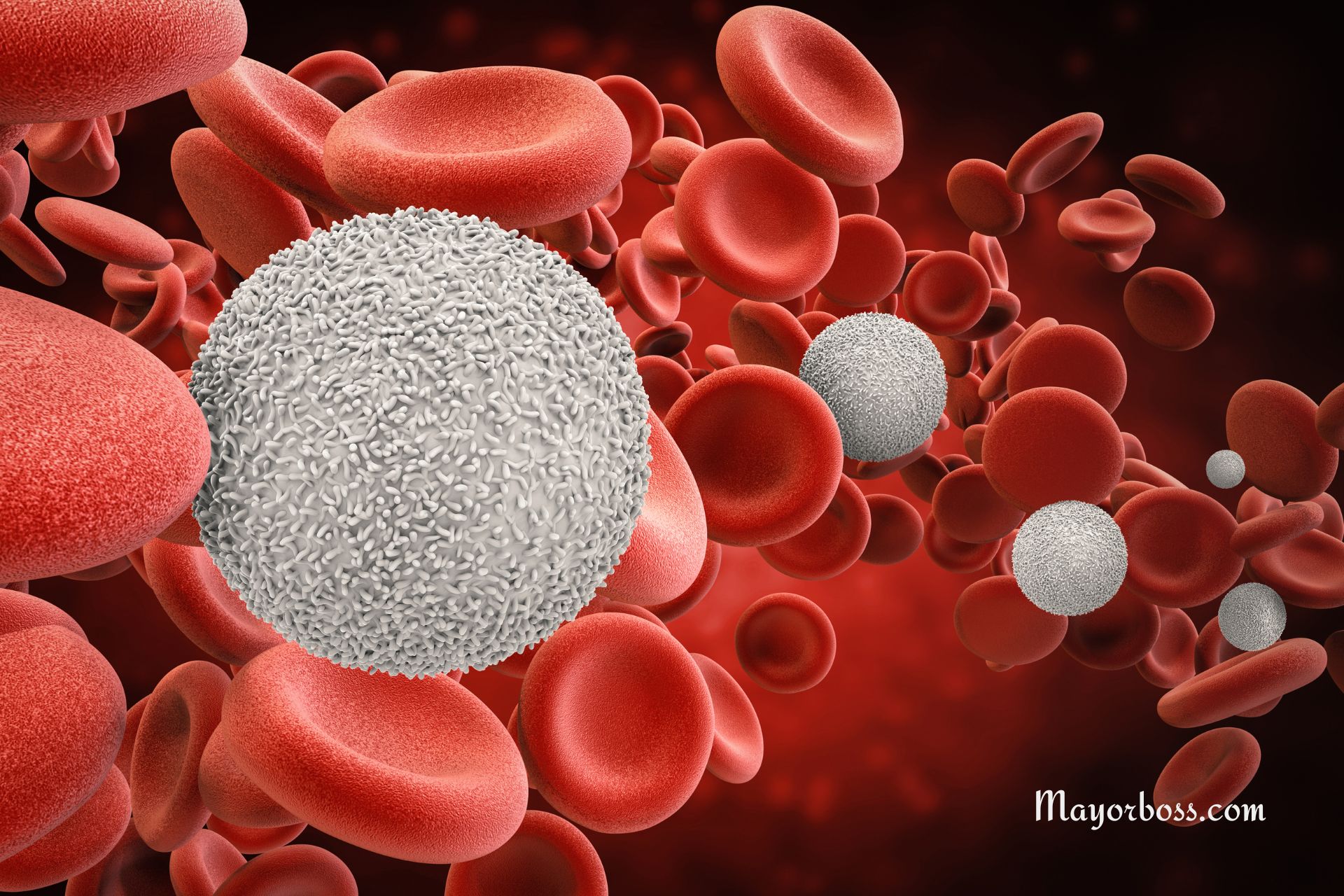8 Foods To Increase White Blood Cell Count
White blood cells are important for fighting germs and keeping your immune system strong. If you do not have enough of these cells, you might get sick more often. Eating certain foods may help your body make more white blood cells. Below are eight foods that might help boost your immune system.

1. Citrus Fruits
Citrus fruits like oranges, grapefruit, lemons, and limes are full of vitamin C. This vitamin supports your immune system by helping white blood cells do their job. Vitamin C also helps the body make lymphocytes, which are cells that attack harmful germs. If you do not enjoy eating citrus fruits by themselves, you can squeeze lemon juice into warm water or add orange slices to a salad for a fresh taste and extra nutrients. These fruits also have antioxidants that protect your cells from damage, which can help you stay healthy.
2. Red Bell Peppers
Red bell peppers have more vitamin C per serving than many citrus fruits. This can further support your immune system and help with white blood cell activity. Red bell peppers also contain beta-carotene, which the body turns into vitamin A. Vitamin A is needed to keep your skin and the lining of your mouth, throat, and digestive tract healthy. That barrier protects you from germs. You can add chopped red bell peppers to salads, soups, stir-fries, or scrambled eggs for extra flavor and nutrition.
3. Garlic
Garlic has natural sulfur compounds, such as allicin, which may help defend your body against infections. Studies suggest that garlic can prompt your body to make more white blood cells. It may also help certain white blood cells fight viruses and bacteria. You can roast garlic with vegetables, add it to sauces, or stir it into a marinade for meat or fish. For the most benefit, crush or chop garlic and let it sit for a few minutes before you cook it. This step helps release compounds that may be good for your health.
4. Spinach
Spinach is a leafy green vegetable that has vitamins and minerals like vitamin C, vitamin A, and folate. Folate is useful for making new cells, including white blood cells. Spinach also has antioxidants that protect cells from damage, which is helpful for your immune system. Lightly cooking spinach can make it easier for your body to absorb its nutrients. Try sautéing it in olive oil as a side dish, or add it to your favorite soup or stew.
5. Yogurt
Yogurt with live and active cultures has probiotics, which are good bacteria for your digestive system. A healthy gut may help your immune system work better. Probiotics could help certain white blood cells respond more strongly when germs enter your body. Choose plain or low-sugar yogurt to avoid too much added sugar. You can top it with fresh fruit or a little honey for sweetness or mix it into smoothies to add creaminess.
6. Green Tea
Green tea contains antioxidants called catechins. These compounds can help protect your cells from damage and might support your immune system. Some research shows that catechins may help your body spot and fight harmful invaders. Green tea also has a small amount of caffeine for a gentle energy boost. For extra vitamin C, add a squeeze of lemon. If you like sweet tea, limit how much sugar you add to keep it healthier.
7. Papaya
Papaya is a tropical fruit that gives you vitamin C, folate, potassium, and vitamin A. It also has an enzyme called papain, which helps digest proteins. Papain might have a mild anti-inflammatory effect, which can lower stress on your immune system. This is helpful for your white blood cells, which do their best work when the body is not under a lot of stress. Try eating papaya by itself or blending it into a smoothie with other fruits for a refreshing treat.
8. Almonds
Almonds are a good source of vitamin E, which is important for your immune system. Vitamin E helps you produce T-cells, a type of white blood cell that attacks viruses and other germs. Almonds also contain healthy fats, protein, and minerals. Try snacking on a handful of almonds or adding sliced almonds to oatmeal or yogurt. This simple habit can give you nutrients that support your immune function.
Takeaway
Keeping your white blood cell count within a healthy range is key to fighting infections and staying well. The eight foods listed here can give you vitamins, minerals, and other nutrients that support your immune system. While eating these foods will not protect you from every illness, they can help your body stay strong. If you have concerns about your white blood cell count or overall health, talk with a healthcare professional for guidance and any needed tests.
